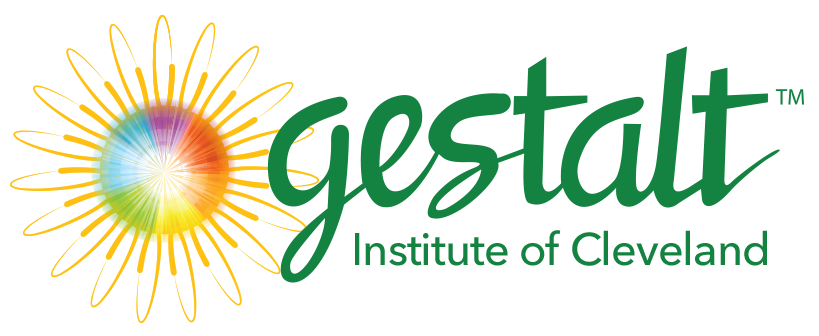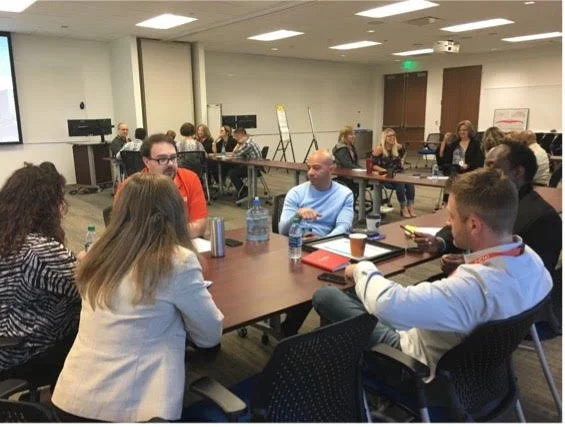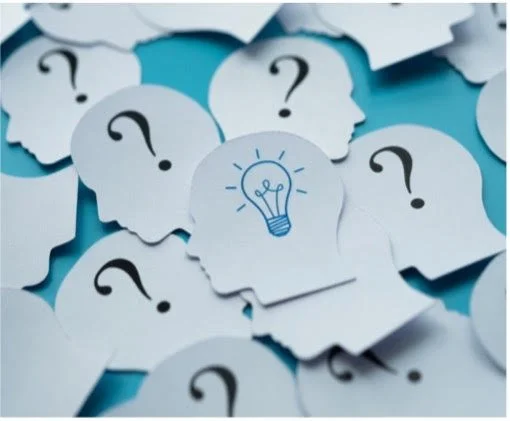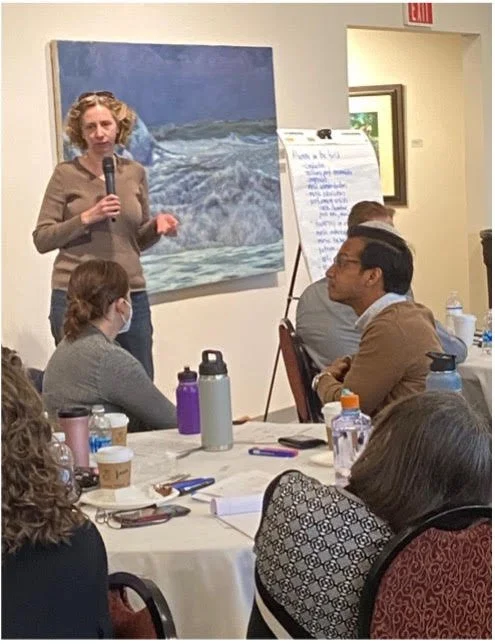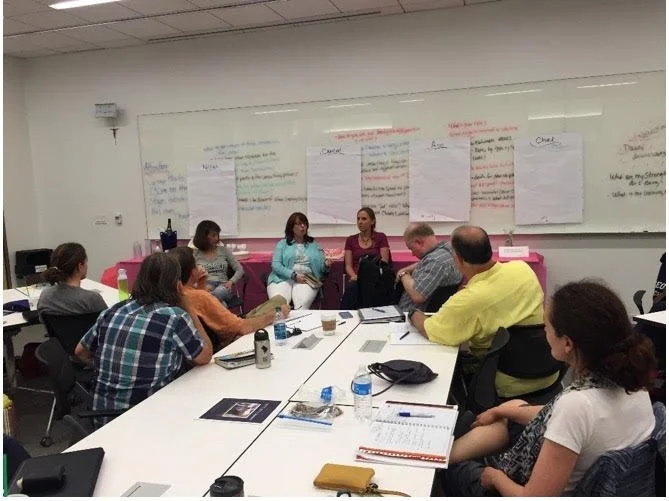
GILD - Gestalt Institute for Leadership Development
GILD - Gestalt Institute for Leadership Development
Dates for this New Program
Coming in 2026
Leadership of Tomorrow Starts Here Today
What do the following items have in common?
The rapid and increasing pace of change
Pressure for greater, more profitable organizational performance
An unstable economic climate—rendering organizations unable to accurately
predict—or even approximate—the futureEmployees’ uncertain about their careers and the organization’s stability
Doing more with less—less budget, fewer people, and less time in which to get it all done
The thread that links these bullets together is that they place new demands and new
expectations on those in leadership roles. Sadly, these demands are not those for which
leaders have been adequately prepared. The number of leaders retiring early, declining
leadership opportunities, and those seeking support for the challenges they face increases daily.
Leaders trained in Gestalt methodology have a distinctive edge in understanding themselves, others, teams, and organizations. They have the tools to tackle unpredictable challenges through the use of models and techniques long taught at the Gestalt Institute of Cleveland. Gestalt theory, methodology and approach is well-positioned to support a holistic, relational and intentional model of leadership for current and emerging leaders.
The Gestalt Institute for Leadership Development (GILD) Program
is a series of four, four-day leadership development sessions in which
participant-leaders will master the art of:
Seeing and understanding the nature of organizational systems: what they are,
how they operate, and how systems shape organizational effectiveness.Observing organizational challenges through “a new set of lenses,”
that allow them to recognize patterns of function, patterns of disfunction,
and the ability to make appropriate changes where needed.Leveraging their own expertise in such a way that others are engaged, energized,
and willingly participate in achieving the desired outcomes.Achieving a greater awareness of personal shortcomings that may stand in
the way of operating at the highest level of leadership effectiveness.Refining and deepening his or her communication skills and use of
language for greater clarity and impact.Developing leadership effectiveness among direct reports and
other emerging leaders in the organization.Creating teams to work harmoniously with each other while achieving
essential organizational outcomes.Working skillfully with organizational resistance and leveraging resistance
for the benefit of the organization.Choosing to shape the organization to achieve greater levels of performance,
effectiveness, and shareholder value.
These competencies will be developed through:
A focus on the leader him or herself and the resources they possess that enable them to understand and manage themselves while also managing the organization’s needs.
Working alone and with others in team settings where they will practice the application of these critical skills and receive feedback on their performance so that the performance continually improves.
The use of participants’ case studies from their back-home settings that become opportunities to immediately apply what is being learned.
Working in structures that are familiar to participants (team meetings, staff meetings, one-on-one exchanges) where they can refine their ability to understand what is occurring and what the leader may need to do for optimal outcomes.
Engaging in whole-organization challenges similar to the ones in their offices, factories, and in remote working situations.
Learning sessions will occur in an environment conducive to team and small group interaction, individual reflection, personal renewal, problem-solving and innovation on individual, team, and organizational levels
